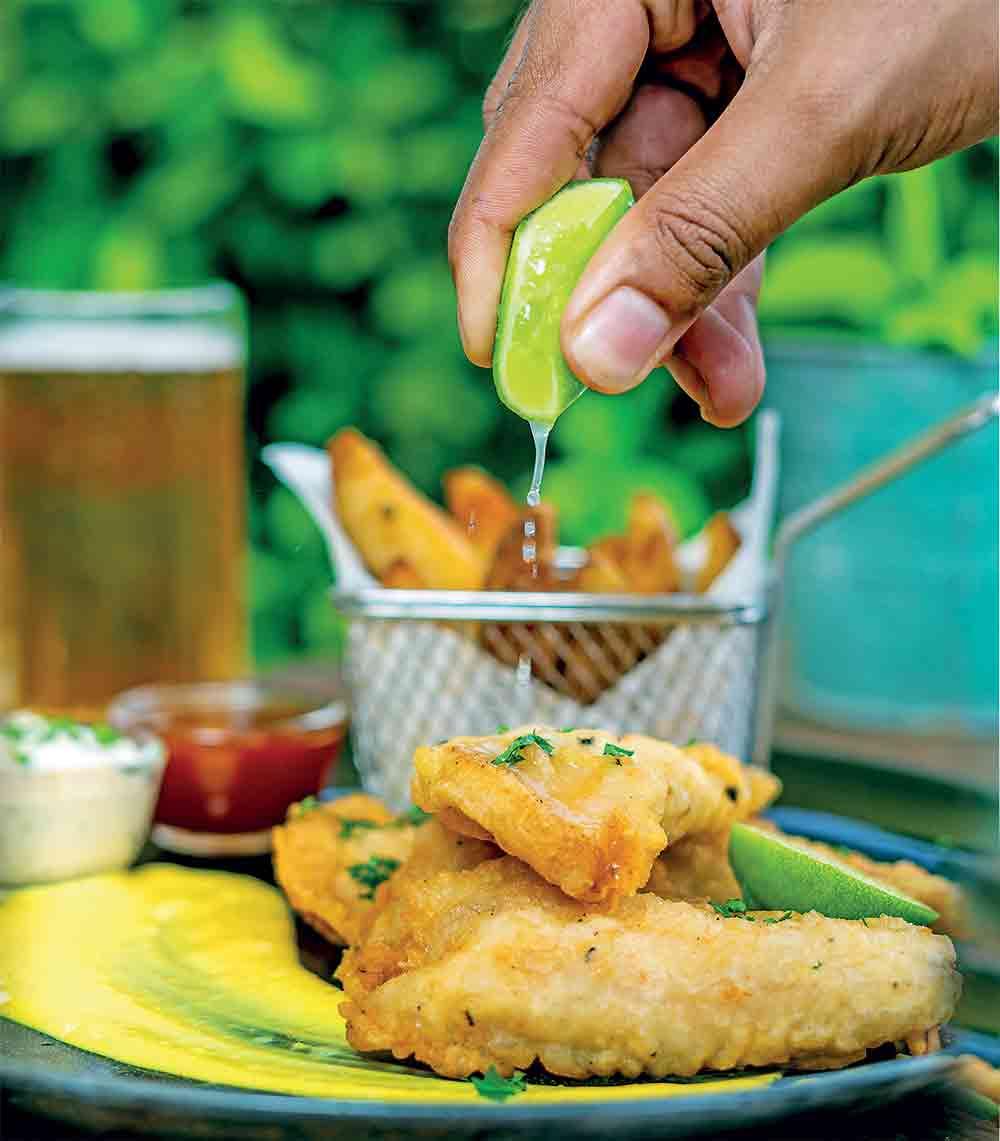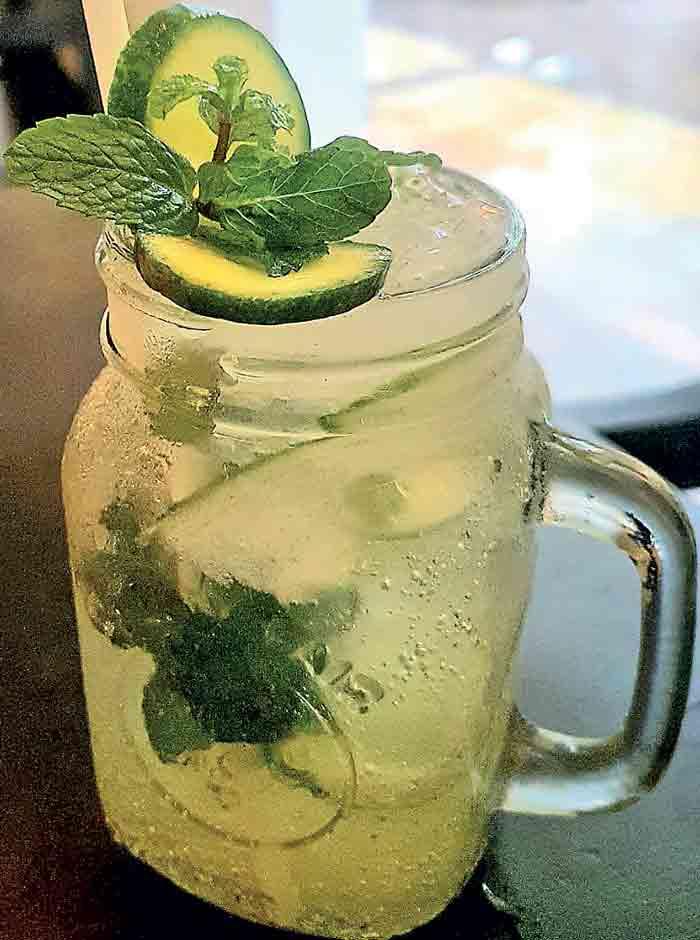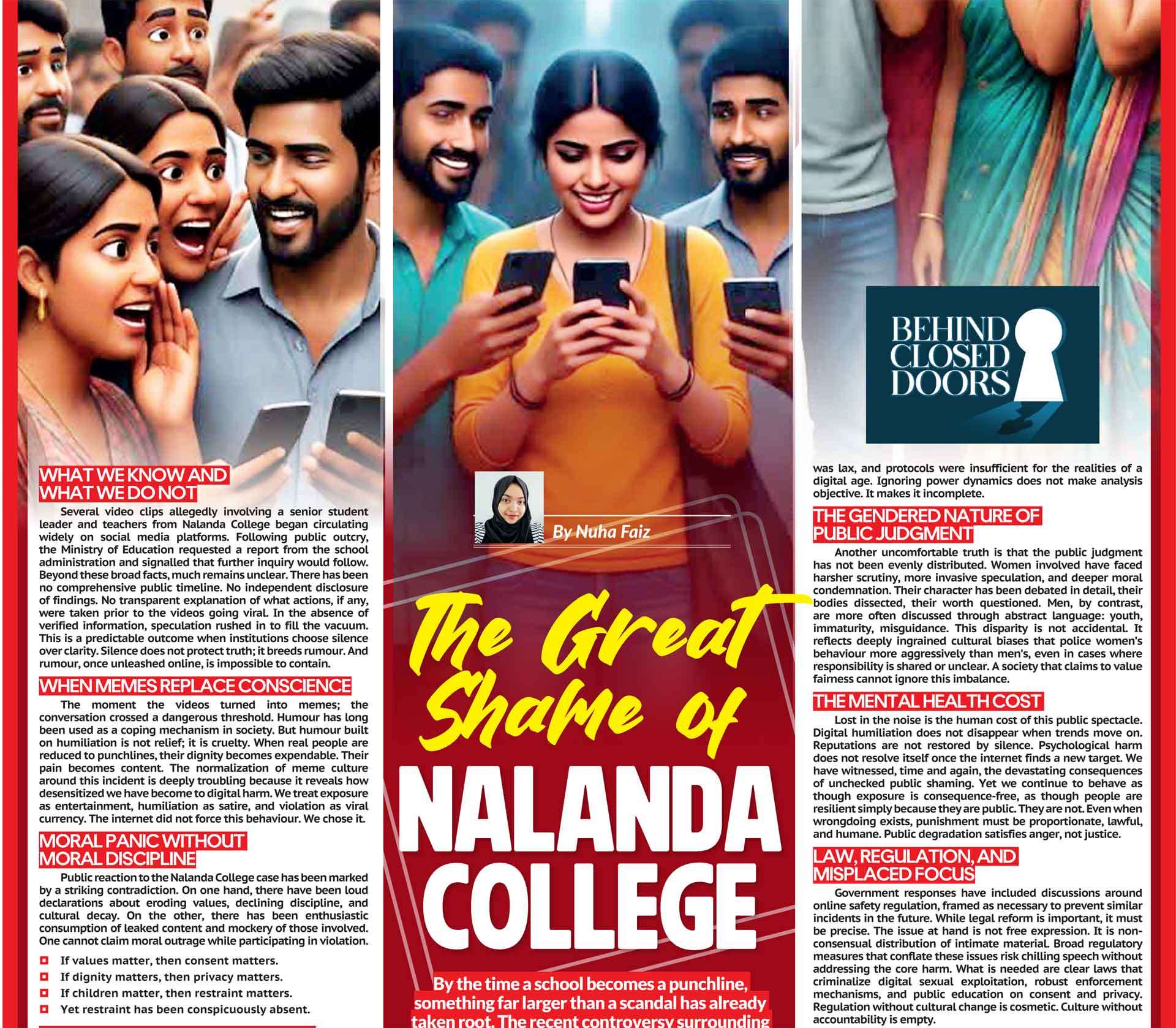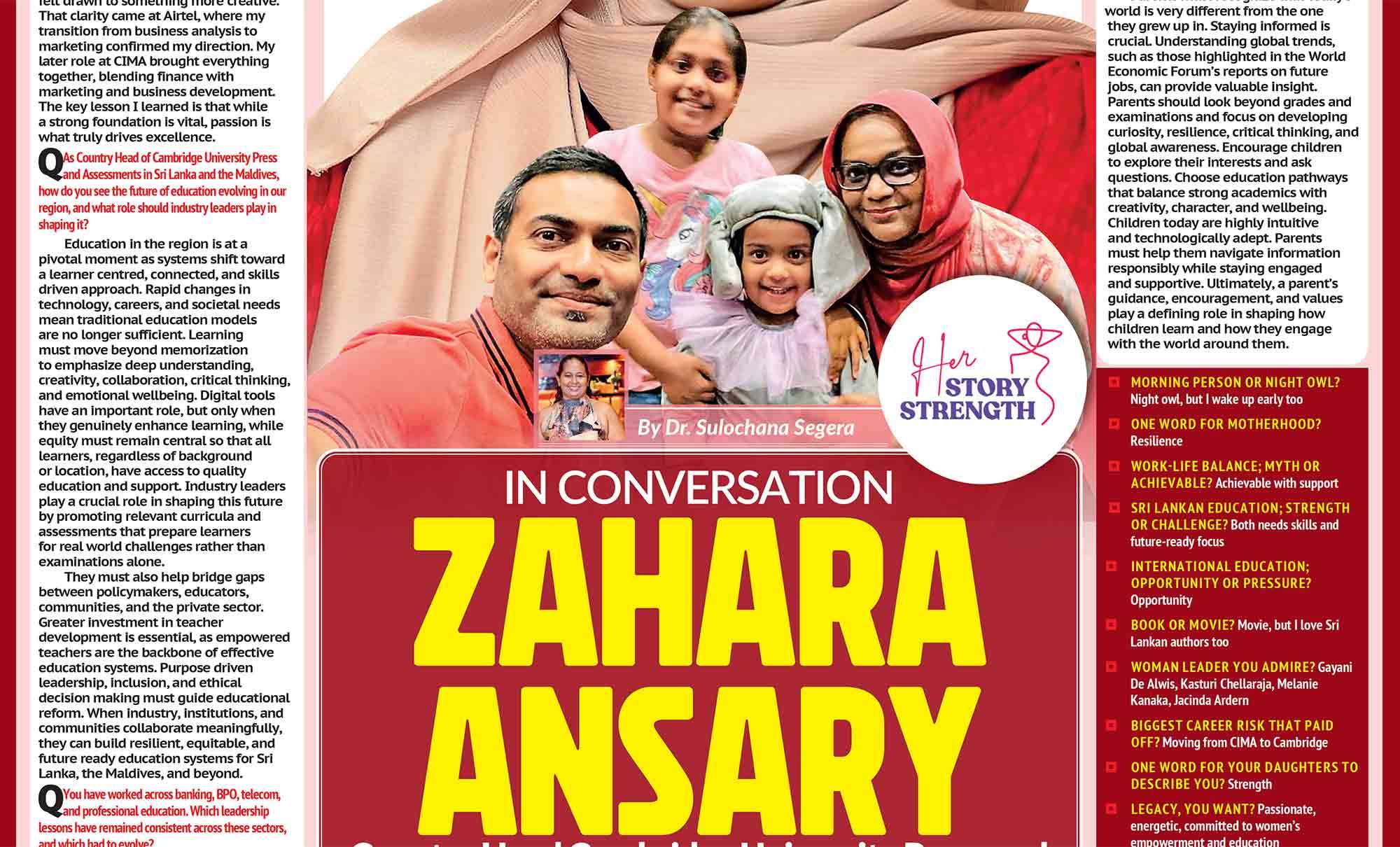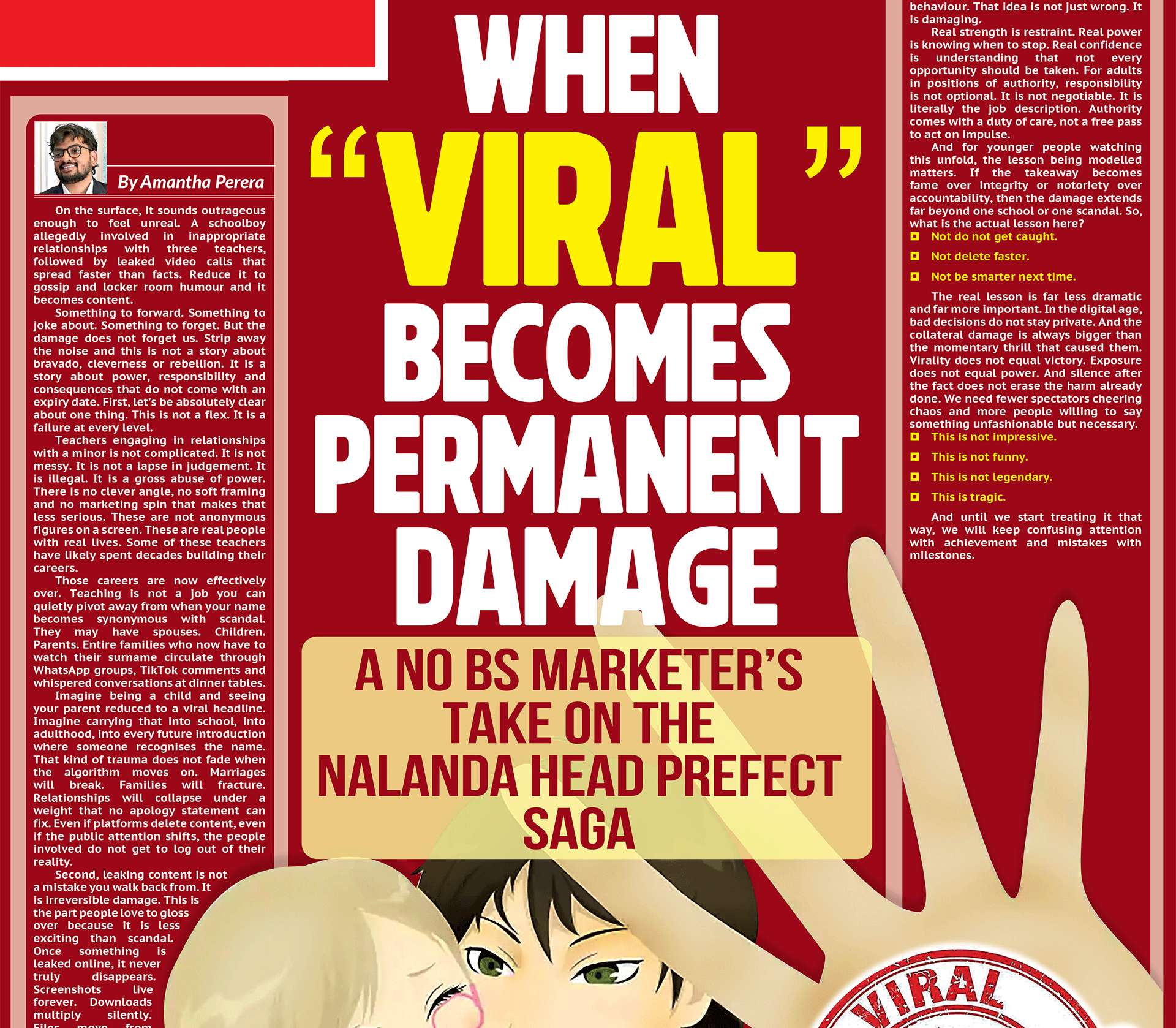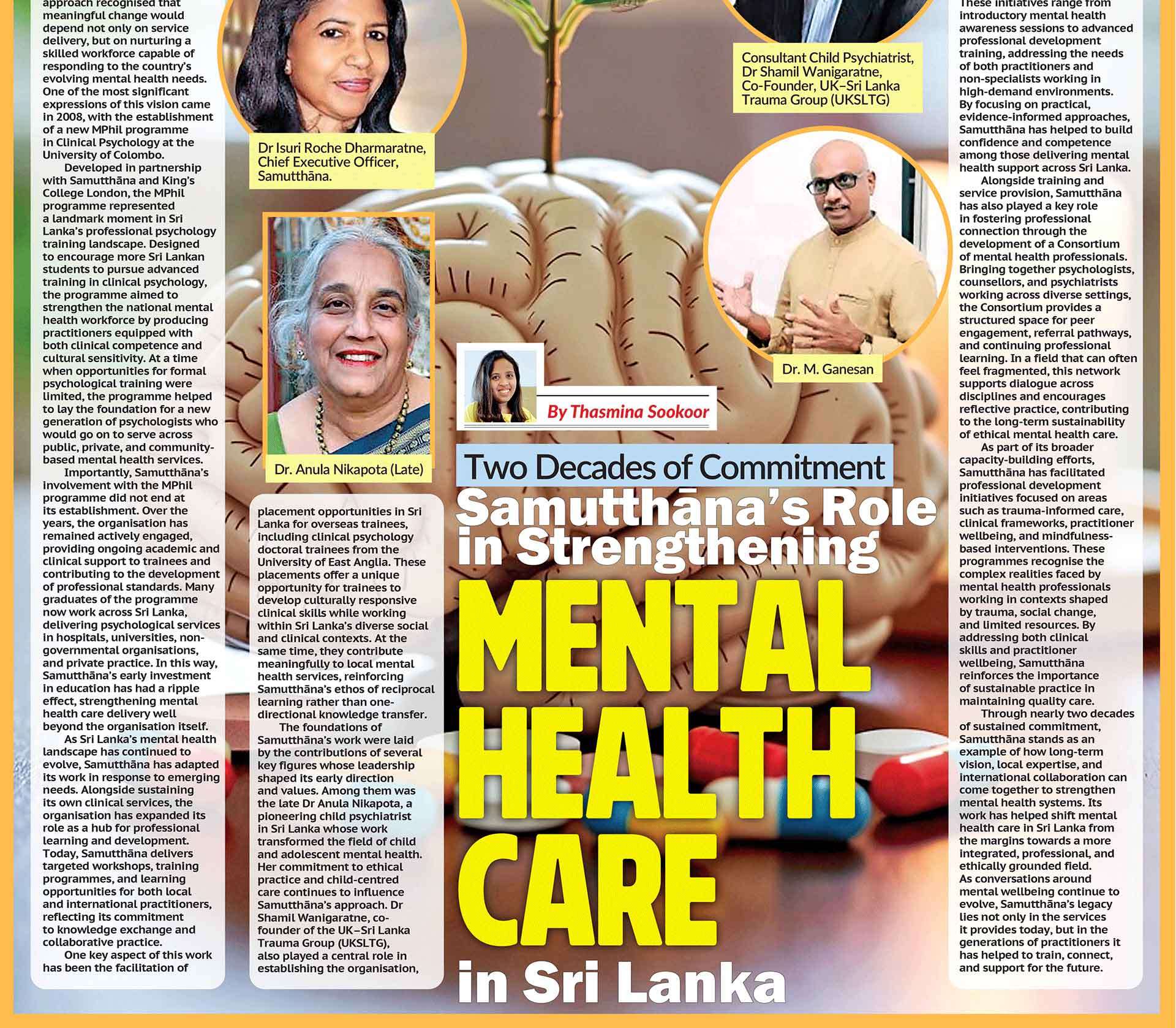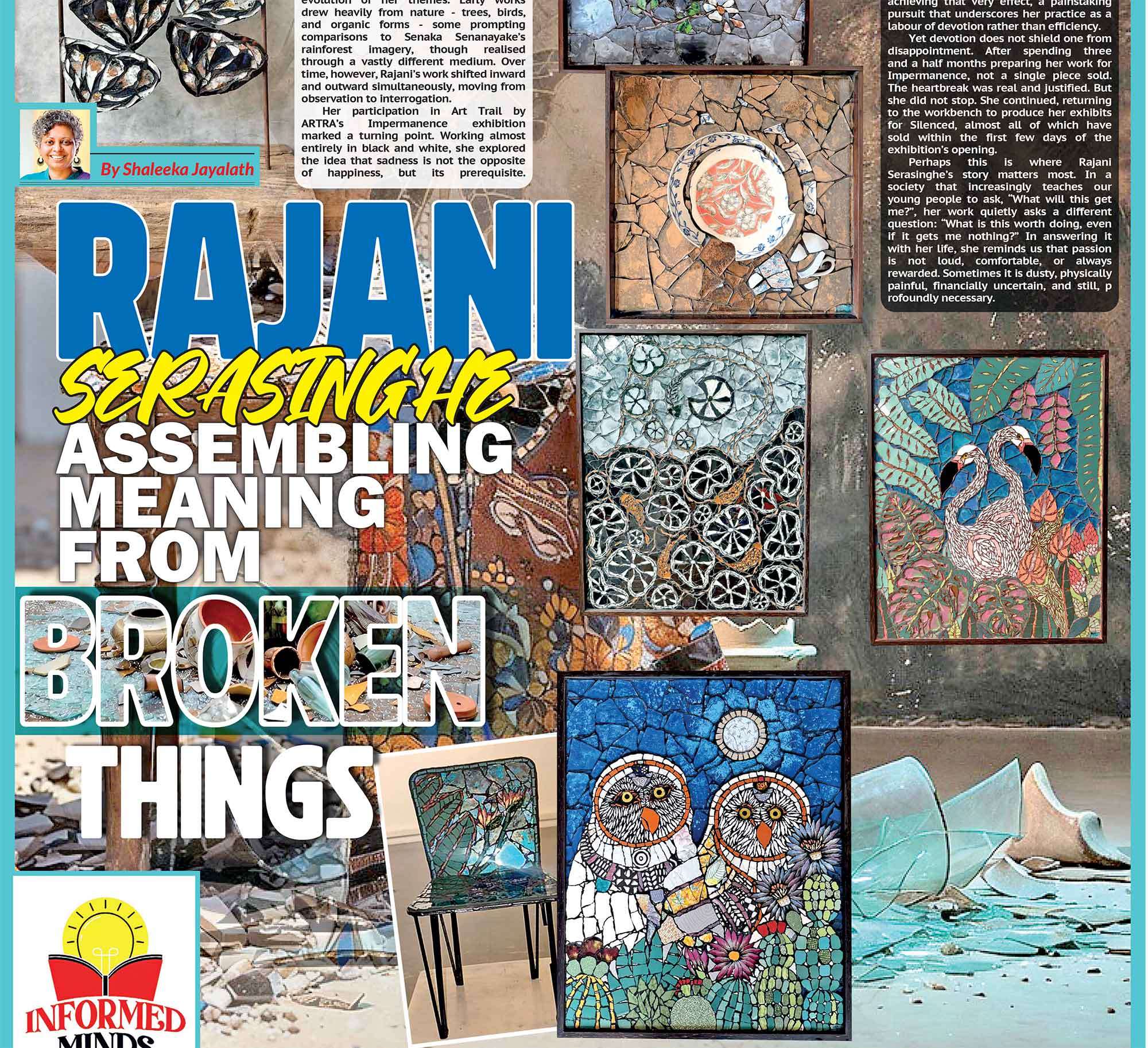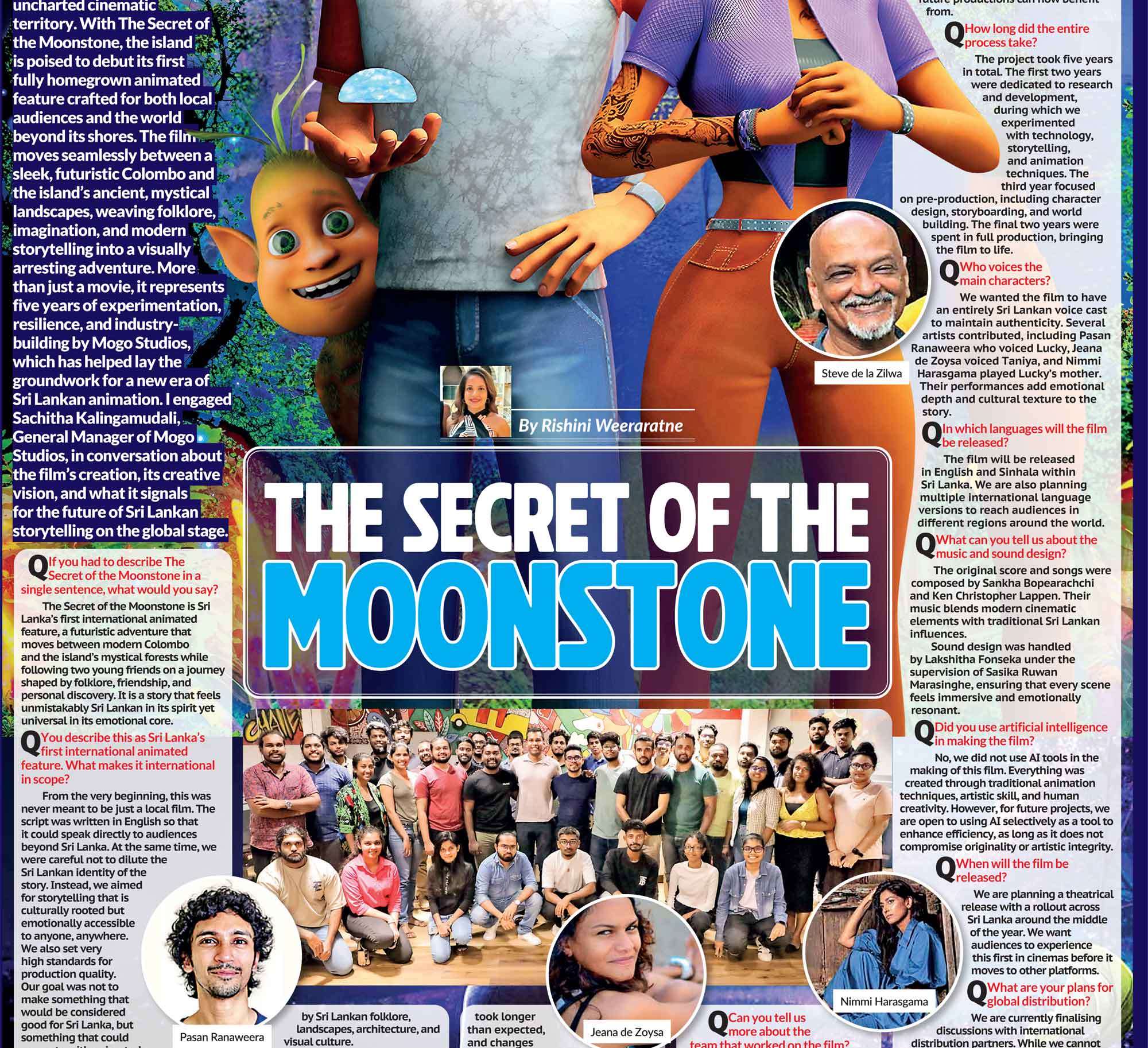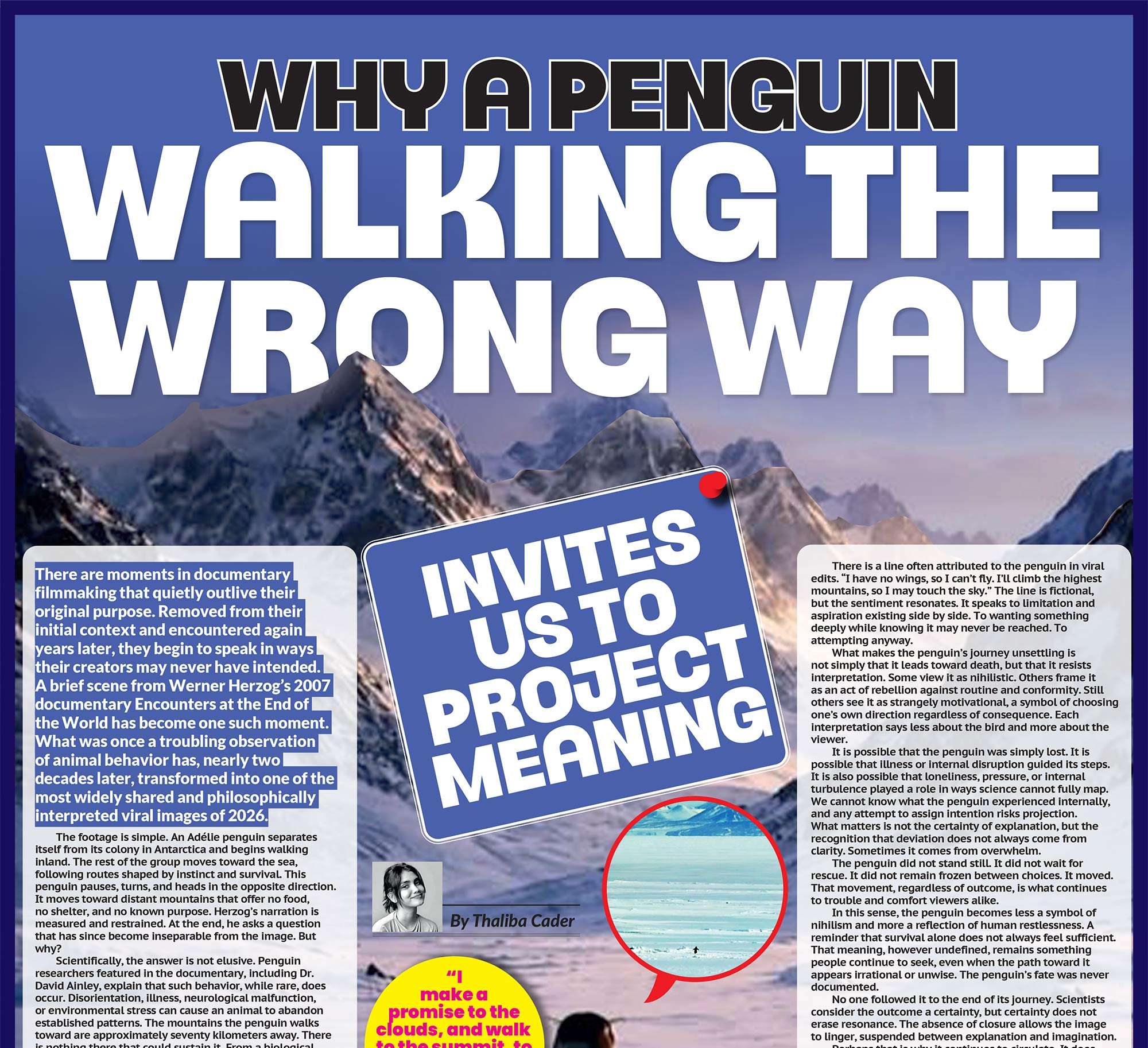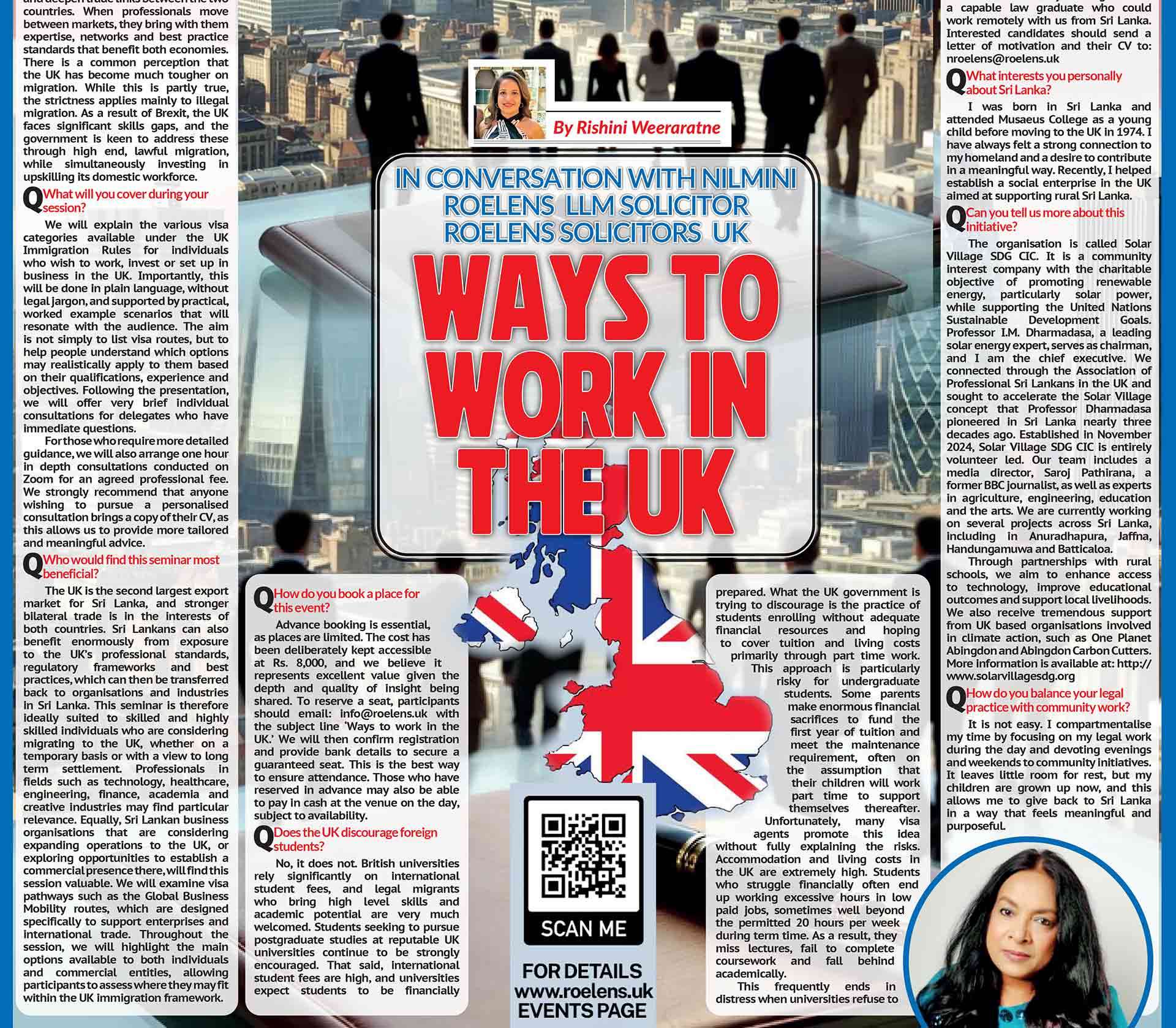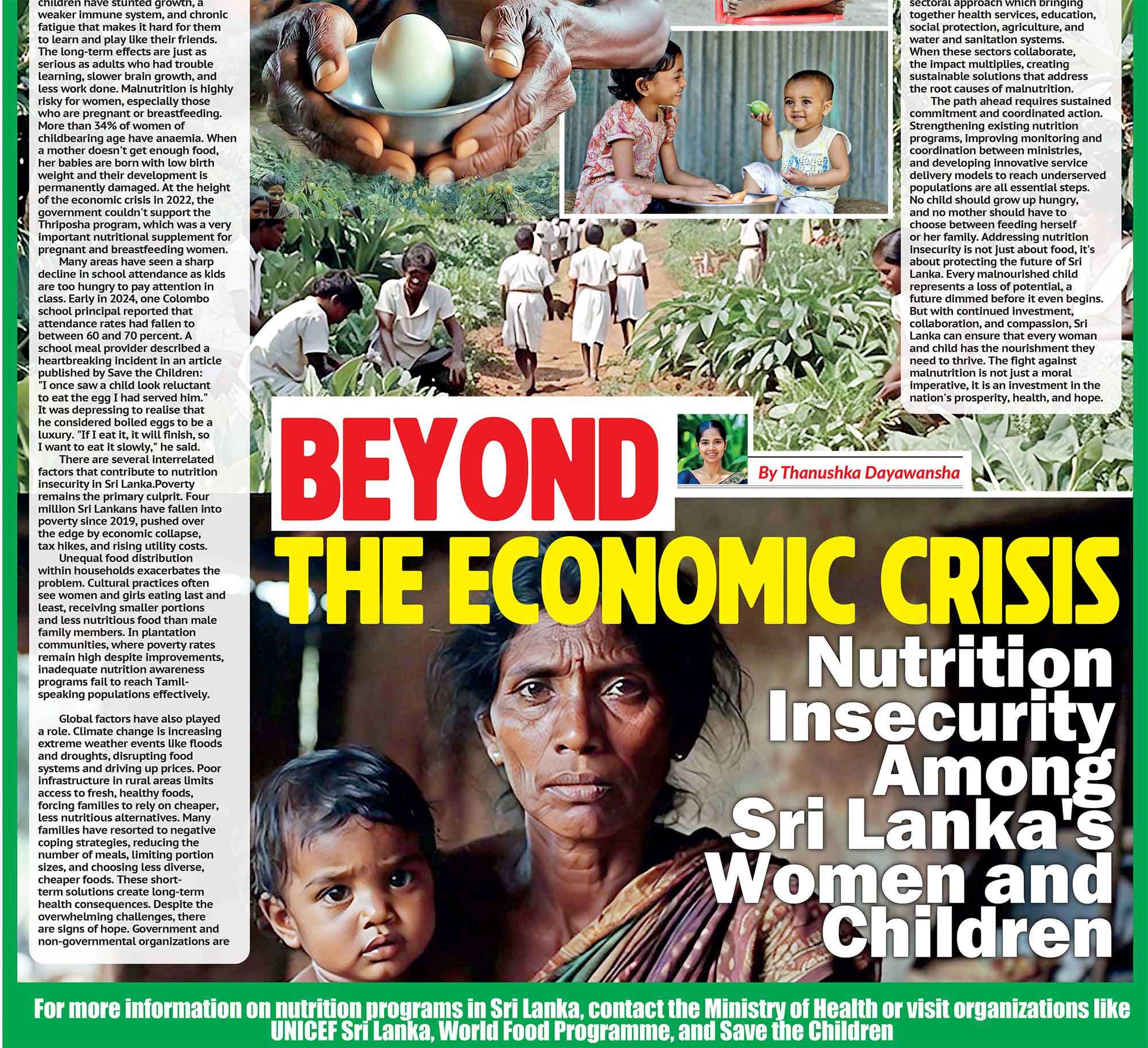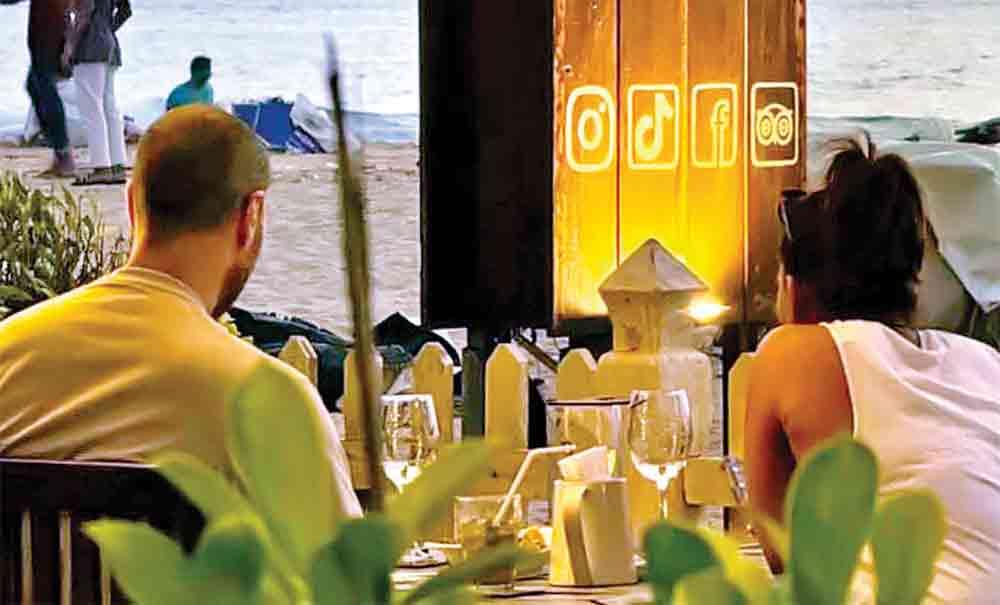
There is something quietly aesthetic about hearing a train cut across the beach just as the sun slips into the Indian Ocean. The sound is not intrusive; it is grounding. It reminds you that even paradise exists beside motion. A place as dreamlike as Sugar Beach still shares its borders with the ordinary rhythm it owns. Tucked away along the Mount Lavinia stretch, Sugar Beach does not advertise itself. You cannot accidentally stumble upon it from Marine Drive. You either come searching for it or you do not come at all. That is precisely what makes it feel like a secret, one the city somehow forgot to keep.
The first time I walked in, it was hard to believe I had not crossed the island and arrived at some sun-drenched café down south. The air was thick with salt and faintly sweet from the coconut cream of someone’s half-finished cocktail. Hanging plants swayed in the sea breeze and wooden tables spread lazily across the sand as if the entire place had been built by someone who refused to rush. I slipped off my heels almost immediately. It felt wrong not to.
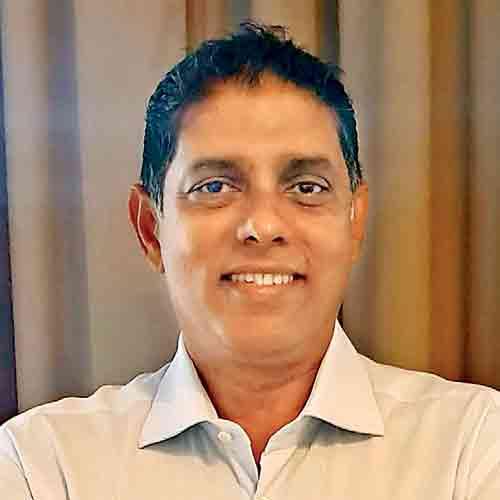 |
| Dinesh |
Dinesh Wijesinghe, the Group Managing Director of MSD Capital Holdings, sat across from me that afternoon, his voice occasionally swallowed by the passing trains. He did not seem to mind. In fact, he smiled. “That is what makes it beautiful,” he said, pausing until the steel faded into distance. “It brings the true Mount identity alive.”
He told me Sugar Beach was never meant to compete with the other restaurants that dot the coastline. “Our clientele, our market, it is different,” he said. “People do not just find us by chance. They come because they want Sugar Beach. It is a destination, not a detour.” And he is right. This is not a place for everyone. It is where the crowd knows their cocktails by name and their sunsets by color. It is where the menu reads like a map of island indulgence; black pork roti, prawn baduma, churros with chocolate sauce, and pizzas kissed by both Italian and Sri Lankan heat.
Dinesh admits it is deliberate. “It is not about the quantity for me. It is about the quality of the quantity. I know my crowd, mid to upper market, otherwise you cannot sustain a place like this.”
If the weather is on your side and the day feels lucky rather than moody, Sugar Beach delivers spectacular sunsets that make the visit unforgettable. The restaurant serves brunch, lunch, and dinner seven days a week. The average ticket ranges between LKR 4,000 and 4,500, and the price never feels inflated when you are watching the ocean turn purple at dusk.
Sugar Beach attracts a wide range of visitors, including tourists and guests who stroll along the Mount Lavinia stretch for breakfast. The sharing-plate option encourages family-style dining. Signature cocktails remain popular, along with fast-selling items such as pizza and the often-underrated crab kottu.
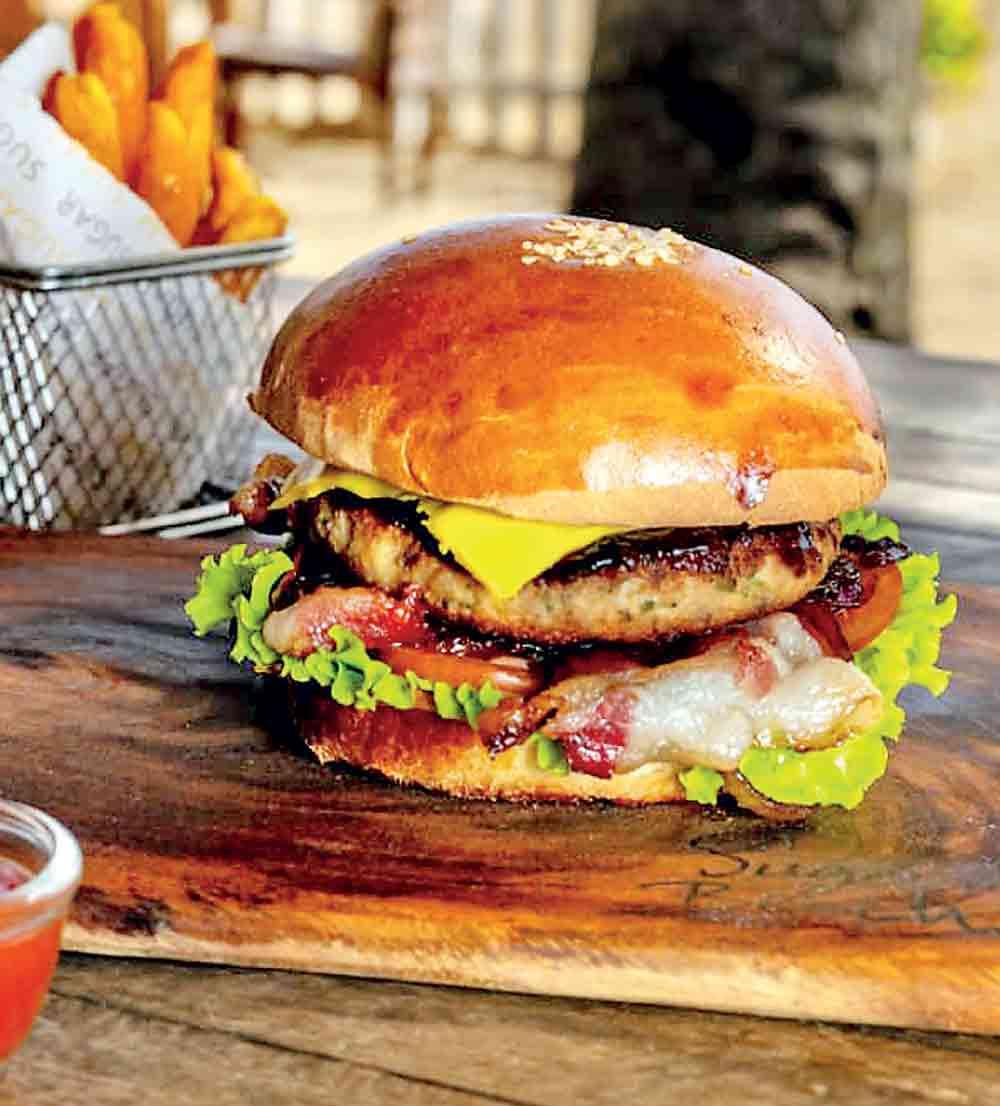
By evening, the light softened into gold. The bar came alive with laughter, the low hum of conversation floating over the music.
There is a ritual to evenings here, barefoot guests returning from the waves, couples leaning into the wind, a bartender shaking cocktails like a heartbeat. “Passion Fuel” glowed pink under the bar lights, a sweet marriage of vodka, passion fruit, and rosemary. Nearby, a man in linen ordered “Coconut Express,” rum, vanilla, coffee, and coconut cream, a drink that smelled like tropical mornings and felt like sunset in a glass.
Some nights, Sugar Beach hosts live bands or a DJ who understands that music, like the tide, should build slowly. Other nights, it is just the sea whispering against the shore with carefully curated playlists.
But Sugar Beach is not all glamor and curated playlists. It is memory, stitched quietly between salt air and train noise. Dinesh recalled hosting a group of retired doctors. “The youngest must have been in their seventies,” he said, smiling. “They had no social media, no filters, but they were happy. They told me this place brought back the Mount they remembered.”
It is stories like that which explain why Sugar Beach feels so human. It is not polished to perfection; it is alive. You will find dogs trotting between tables, kids running across the sand, and a slow, steady crowd of office workers who turn up after hours to sip arrack and talk about everything but work. There is no pretense, just rhythm, flavor, and a kind of deliberate peace.
And yes, the tea. I rarely order tea at restaurants; it is often an afterthought. But here, on a whim, I did. It came in a pot, fragrant and gentle, brewed just right. I finished one pot, then another. There was something humbling about it, the idea that a beach bar known for its cocktails could also serve tea that quiets you from the inside out.
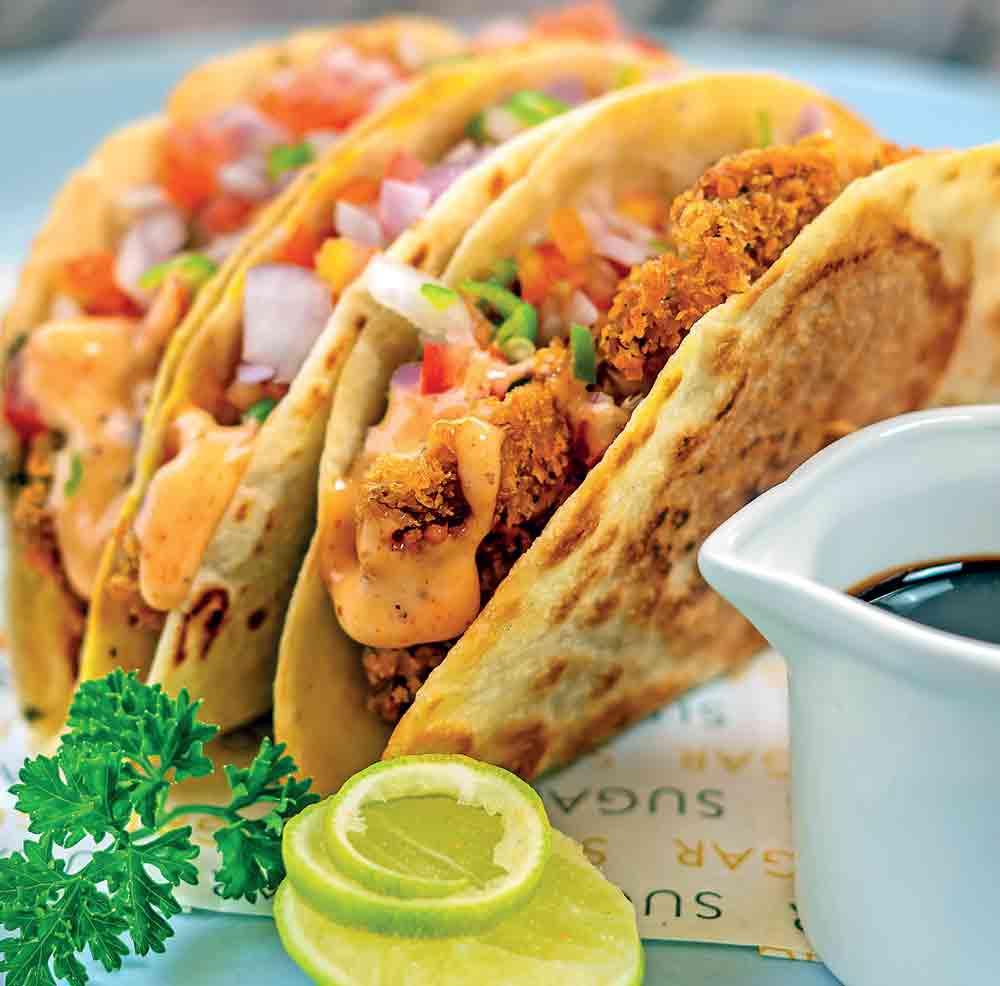
Dinesh spoke about the past, about Talpe Sugar Beach, the earlier venture that did not survive the second COVID wave. “Finding the right beach property was not easy,” he said. “It had to have the same individuality, that same Sugar Beach identity, or people would be disappointed.”
Now, the Mount Lavinia location stands as its rebirth, rustic, rebellious, and romantic all at once. Sometimes they host raves, three to five thousand people. Sometimes it is a proposal or a birthday. Sometimes it is just one person watching the sunset. That is the thing, Sugar Beach does not have to be loud to be alive.
As the night deepened, the train passed one last time, a slow rumble under the music. It did not break the spell. If anything, it sealed it. I looked around at a mix of laughter, soft light, and sea air. Somewhere, someone clinked a glass. Somewhere else, someone started to dance.
Sugar Beach is not just a restaurant. It is a mood the city did not know it needed.
Address: No. 43, 11A Hotel Road, Mount Lavinia
CONTACT: 011 703 5135
